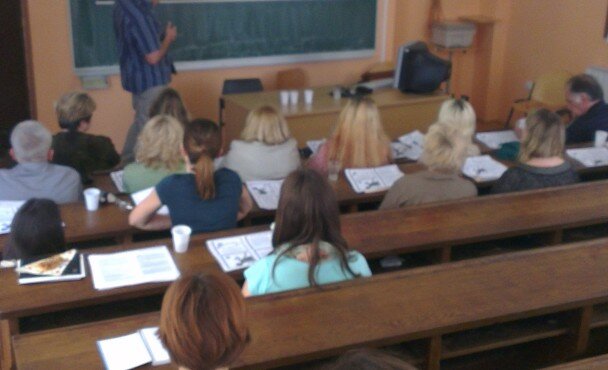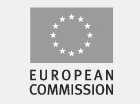
Event Details
Zagreb Social Council, Croatia
July 8, 2013
Event Description
The latest Grassroots Meeting of the WILCO Croatia reserach group was attended by public stakeholders of the Zagreb Social Council, civil society respresentatives, as well as researchers and experts mainly in social policy. There was a total of 18 participants.
Prof. Gojko Bežovan, Faculty of Law in Zagreb, WILCO – FP7 project, M.A. Jelena Matanevi, Faculty of Law in Zagreb, and M.A. Daniel Baturina, Faculty of Law in Zagreb presented WILCO project and its theoretical and analytical framework. Main focus was the concept of social innovation, a new concept in Croatian social policy discussion, emphasizing the main features and obstacles for social innovation in Croatia. Some preliminary results of local WILCO research analysis were also presented.
Feedback: This event offered an opportunity to check the relevance of the WILCO approach with other researchers, who gave some specific feedback. Participants in the debate showed great interest in the project. Discussions centred on two main questions:
- What is the Croatian potential and level of social innovation?
- What is the Croatian framework support social innovations and to make them a recognizable part of social policy?
Few key issues were highlighted regarding social innovation in the local welfare context, e.g. the poor acknowledgement of social innovations within the welfare system, and the low level of administrative support. Stakeholders highlighted the state monopoly in social policy matters as a significant limitation for innovation. Other obstacles mentioned were lack of dialogue between different city departments and between civil society sector and city administration.
Another debate concentrated on the definition and ambiguity of the concept of social innovation. For many stakeholders present at the event it was the first time they heard about the concept. Much discussion therefore focussed on the potential of practical application of social innovation, possibilities to create space for their development and how to recognize and promote them.
WILCO researchers on the ground valued this kind of event for stakeholder input, leading to new conclusions and allowing them to deepen their arguments to put issues of social innovation on the public agenda. Organisers deemed the event useful for the promotion of social innovation in social poicy discourse.
Dissemination: Information of the event will be available on the Zagreb Social Council website. Based on the positive feedback and interest of participants WILCO Croatia reserachers also expect ‘word of mouth’ dissemination of WILCO objectives and results.





